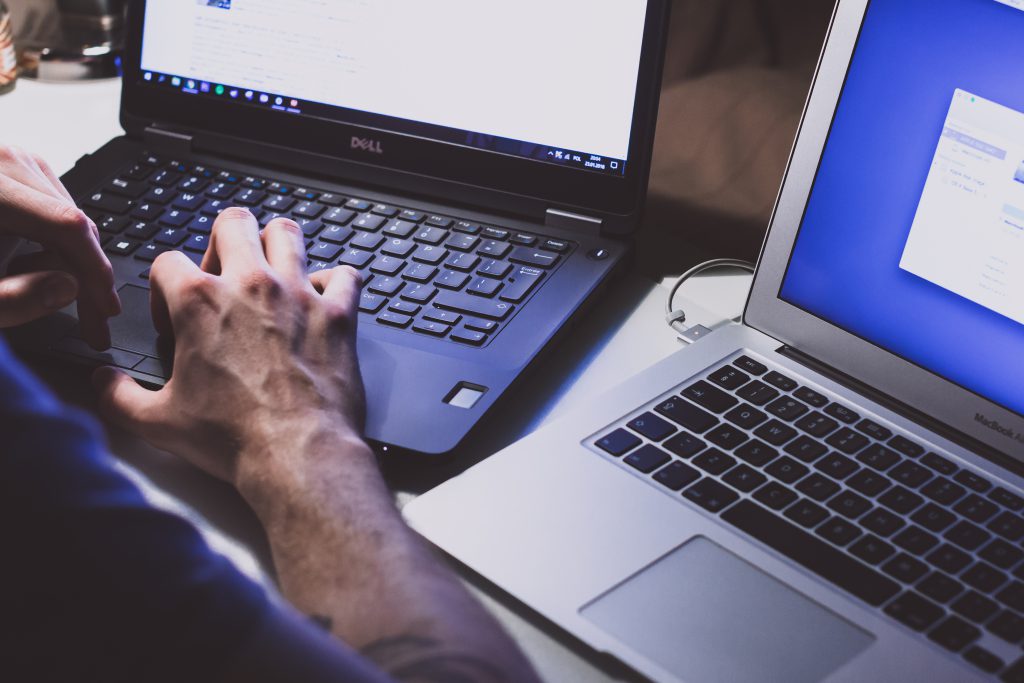A lot of people young and old do not comprehend that, electronic spying involves watching or keeping an eye on an individual’s actions or conversations without his or her knowledge or approval by utilizing several electronic devices or platforms. Electronic and digital monitoring is a broad term used to explain when someone sees another individual’s actions or keeps an eye on a person’s conversations without his/her knowledge or approval by utilizing several electronic and digital gadgets or platforms. In a relationship where there is domestic violence or stalking, an abuser may utilize recording and surveillance innovation to „keep tabs“ on you (the victim) by monitoring your location and conversations. The intent for utilizing electronic spying may be to keep power and control over you, to make it hard for you to have a life or any privacy different from the abuser, and/or to attempt to find (and stop) any plans you may be making to leave the abuser.
 Electronic and digital monitoring can be done by misusing cams, recorders, wiretaps, social networks, or e-mail. It can likewise include the abuse of monitoring software application (likewise referred to as spyware), which can be installed on a computer system, tablet, or a smartphone to secretly monitor the device activity without the user’s understanding. Spyware can enable the violent person access to everything on the phone, along with the capability to obstruct and listen in on telephone call. To learn more about spyware, check out the Safety Net’s Toolkit for Survivors or go to our Crimes page to see if there is a particular spyware law in your state.
Electronic and digital monitoring can be done by misusing cams, recorders, wiretaps, social networks, or e-mail. It can likewise include the abuse of monitoring software application (likewise referred to as spyware), which can be installed on a computer system, tablet, or a smartphone to secretly monitor the device activity without the user’s understanding. Spyware can enable the violent person access to everything on the phone, along with the capability to obstruct and listen in on telephone call. To learn more about spyware, check out the Safety Net’s Toolkit for Survivors or go to our Crimes page to see if there is a particular spyware law in your state.
 Is electronic and digital spying illegal? It depends upon whether the person doing the recording becomes part of the activity or discussion and, if so, if state law then allows that recording. In a lot of situations, what is usually referred to as spying, implying someone who is not a part of your personal/private activities or discussions keeping an eye on or records them without your understanding, is typically unlawful. The differences between these 2 are better explained below. If the individual becomes part of the activity or conversation, in quite a few states allow someone to tape-record a telephone call or conversation as long as a single person (consisting of the individual doing the recording) consents to the recording. Other states require that all parties to the interaction permission.
Is electronic and digital spying illegal? It depends upon whether the person doing the recording becomes part of the activity or discussion and, if so, if state law then allows that recording. In a lot of situations, what is usually referred to as spying, implying someone who is not a part of your personal/private activities or discussions keeping an eye on or records them without your understanding, is typically unlawful. The differences between these 2 are better explained below. If the individual becomes part of the activity or conversation, in quite a few states allow someone to tape-record a telephone call or conversation as long as a single person (consisting of the individual doing the recording) consents to the recording. Other states require that all parties to the interaction permission.
For instance, if Jane calls Bob, Jane might lawfully have the ability to record the conversation without telling Bob under state X’s law, which permits one-party permission for recordings. If state Y needs that each individual involved in the discussion know about and approval to the recording, Jane will have to very first ask Bob if it is Okay with him if she records their discussion in order for the tape-recording to be legal. To learn more about the laws in your state, you can examine the state-by-state guide of recording laws. Whenever you have a chance, you may want to look at this topic more in depth, by visiting the their site allfrequencyjammer.Com ..!
If the person is not part of the activity or conversation:, then there are a number of criminal laws that address the act of eavesdroping on a private conversation, digitally taping a person’s conversation, or videotaping an individual’s activities. The names of these laws vary throughout the country, however they typically include wiretap, voyeurism, interception, and other tape-recording laws. When deciding which law(s) might apply to your scenario, this might frequently depend on the circumstances of the monitoring and whether you had a „affordable expectation of privacy“ while the abuser recorded or observed you. Legally, a sensible expectation of privacy exists when you remain in a situation where a typical person would anticipate to not be seen or spied on. For instance, an individual in particular public locations such as in a football stadium or on a main street may not fairly have an expectation of personal privacy, however an individual in his/her bedroom or in a public toilet stall typically would. What an individual looks for to maintain as private, even in an area available to the public, might be constitutionally safeguarded.
Comments are closed